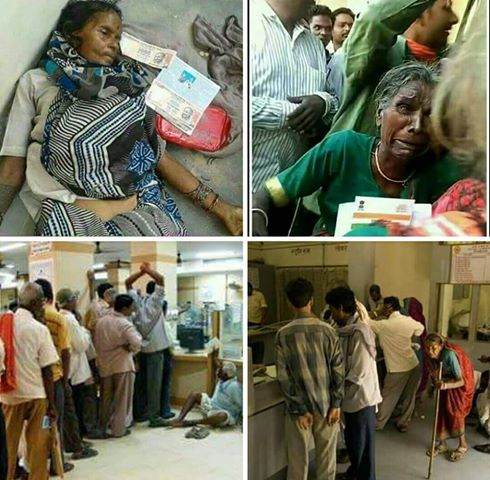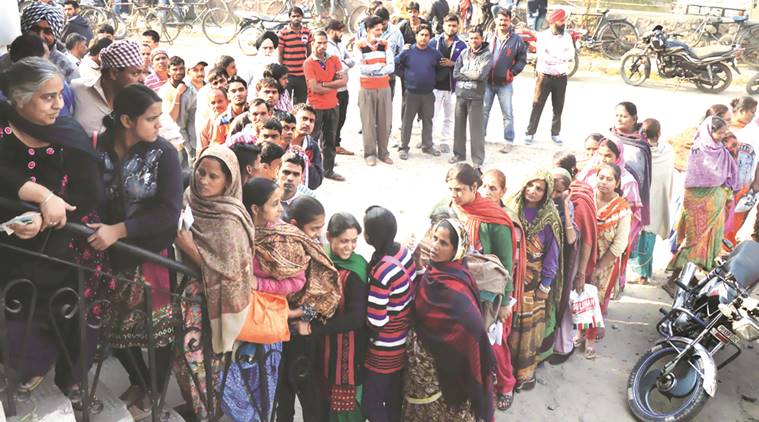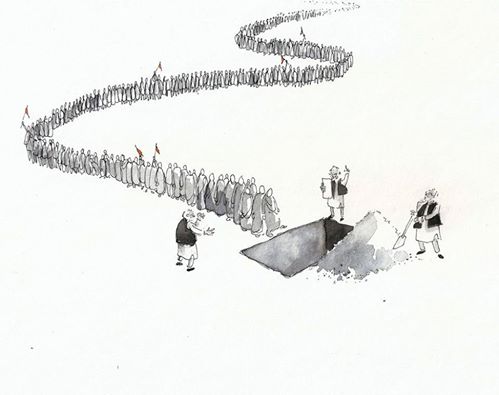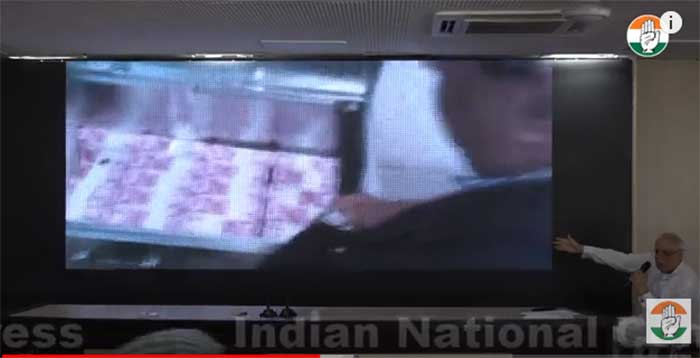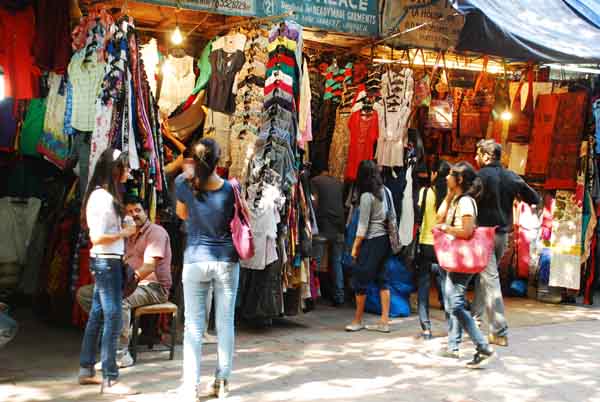
The National Hawker Federation (NHF) expresses its strong disagreement with the ways in which the Government of India has addressed the evil of corruption in the country. While we do feel as a collective of more than 1176 unions and associations of street vendors of this country, that black money and the corruption raj should end and rule of law be established, we strongly believe that struggle against corruption cannot be waged devoid of a strong social will, a long-term agenda, an alternative infrastructural vision, and popular consent.
We have seen in the last few days, how millions have faced unnecessary harassment, and sizeable loss of income due to a sudden and unprecedented demonetization of the economy. As victims of the structural violence of corruption in bureaucracy, the street vendors are critically aware of how black-markets operate. The people involved in financial corruption hardly keep their undisclosed incomes in the form of hard cash as such. The people of India know how unaccounted money constantly takes the form of precious foreign currencies, real-estate property, and gold. If the Government was serious enough to stop/minimize the circulation of black money, it should have followed different mechanisms, and should not have exposed the entire country to a state of (yet undeclared) economic emergency.
Instead, the Union Government treaded a path that impoverished the 98 percent of India. We know, even after so much self-congratulatory statements about financial inclusionand monetization of welfare through Aadhaar, and the spectacular spread of cell phone and internet infrastructures; Indian trade has continued to remain “post-paid” and hard-cash driven. It is curious to note that even the app based businesses in the urban transport and retail sectors had to take recourse to the prevailing practices of the land. We believe, a sudden demonetization of the economy was targeted to restructure this age-old system, and paralyze the circulation of hard cash in the market. Such a violent measure has been justified in the name of a holy war against corruption. The ultimate target of the Government is to smoothen the entry of informatized big capital to make an inroad predominantly in retail and transport sectors. The anonymous market process appears to be inadequate to usher in a complete destruction of small economies.
No wonder, the abrupt demonetization has led to a paralysis in the retail sector. The informal economy of this country, which employs roughly the 93 percent of India’s working class, has been impoverished. Around 50 percent of the street vendors of India do not still have bank accounts. In addition, a sizeable section of street vendors can access banks only at their home towns/villages as they usually keep valid documents at home in safe custody. They migrate to cities, and save their little incomes in the form of INR 500 and 1000 notes. They need the supply of hard cash from the last day’s transaction to start a new cycle in the morning. They procure merchandise from the wholesalers in the late night, or in the early morning depending on the product cycles. It is virtually impossible for these groups to hastily put together a valid documentation and access the banking facility. Even if they access the banks, they do so at a huge cost. Many of them have already spent a full working day in the bank, sacrificing their wages. When they return, they have to re-assemble a broken supply chain.
Who will count the aggregate loss in the informal economy? Why will they bear such economic hardships when they have no role in corruption? Why will they consent to a decision in which their consent is not even sought? What kind of democracy are we practicing in India in which only a handful of top regime functionaries take major economic decisions without debates and public practising in India in which only a handful of top regime functionaries take major economic decisions without debates and publicnotifications? An electoral victory hardly authorizes them to use emergency powers at will. We hope, the Government reconsiders its totalitarian decision, and remains confined to conventional democratic procedures.
Saktiman Ghosh
General Secretary

